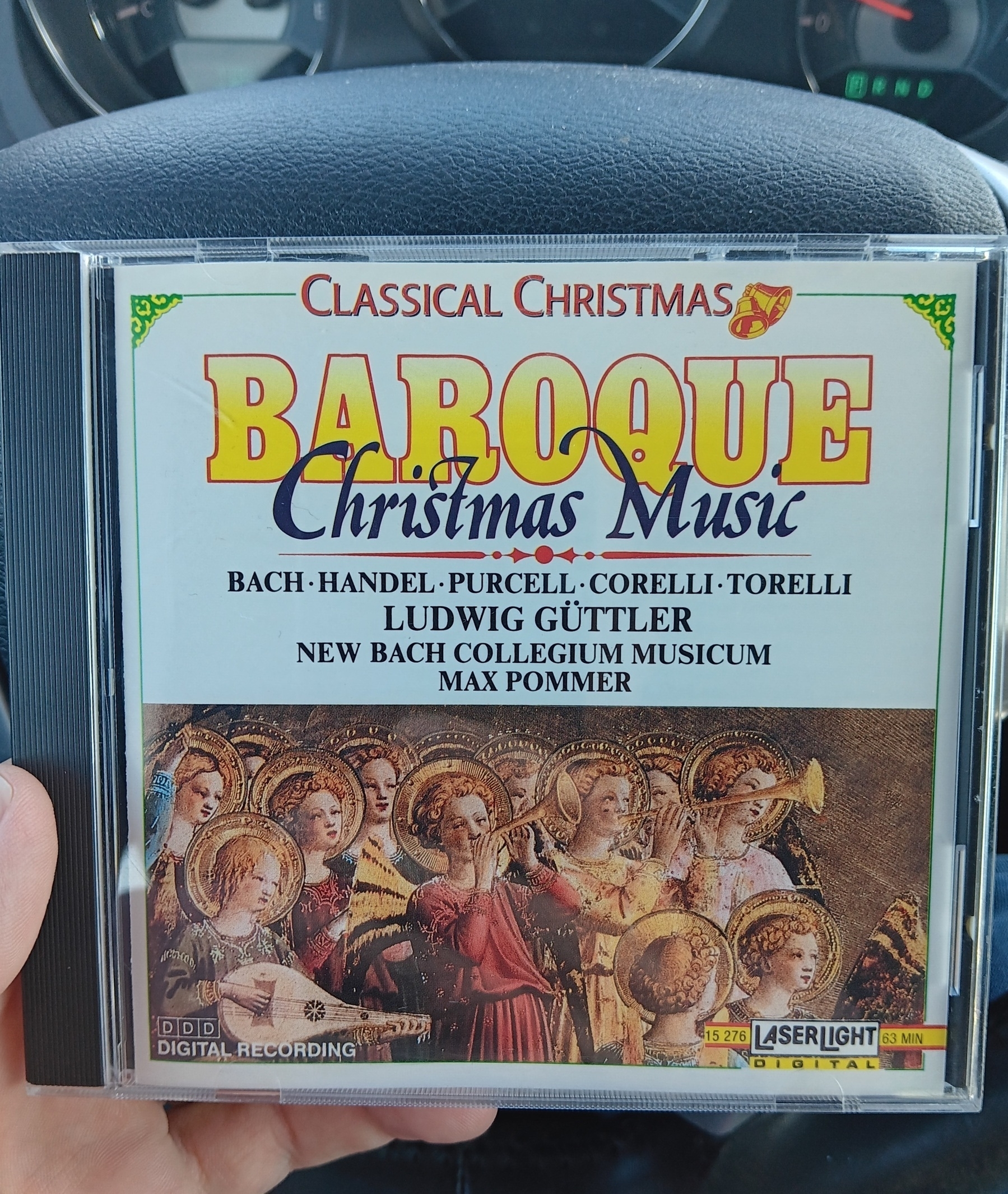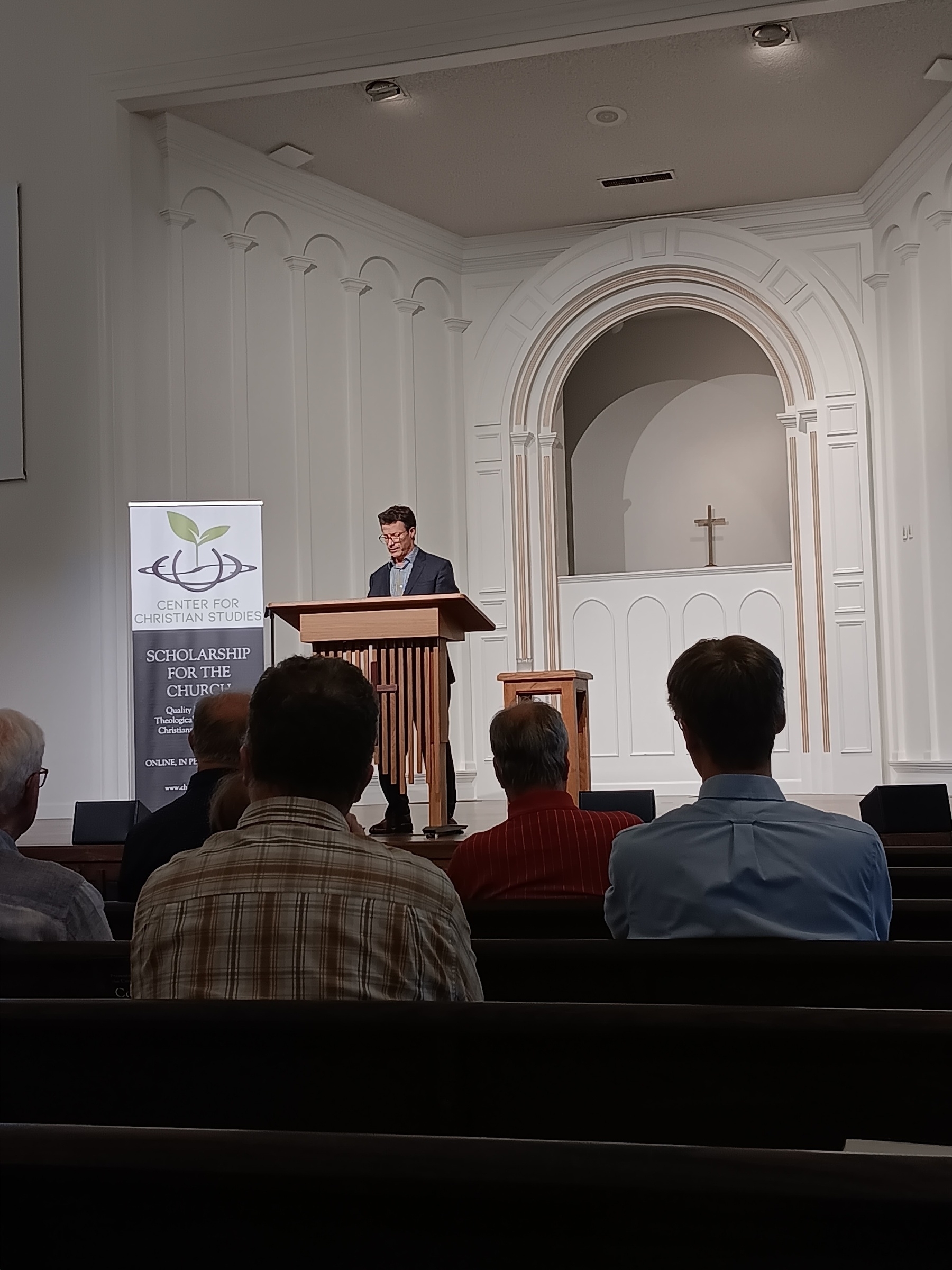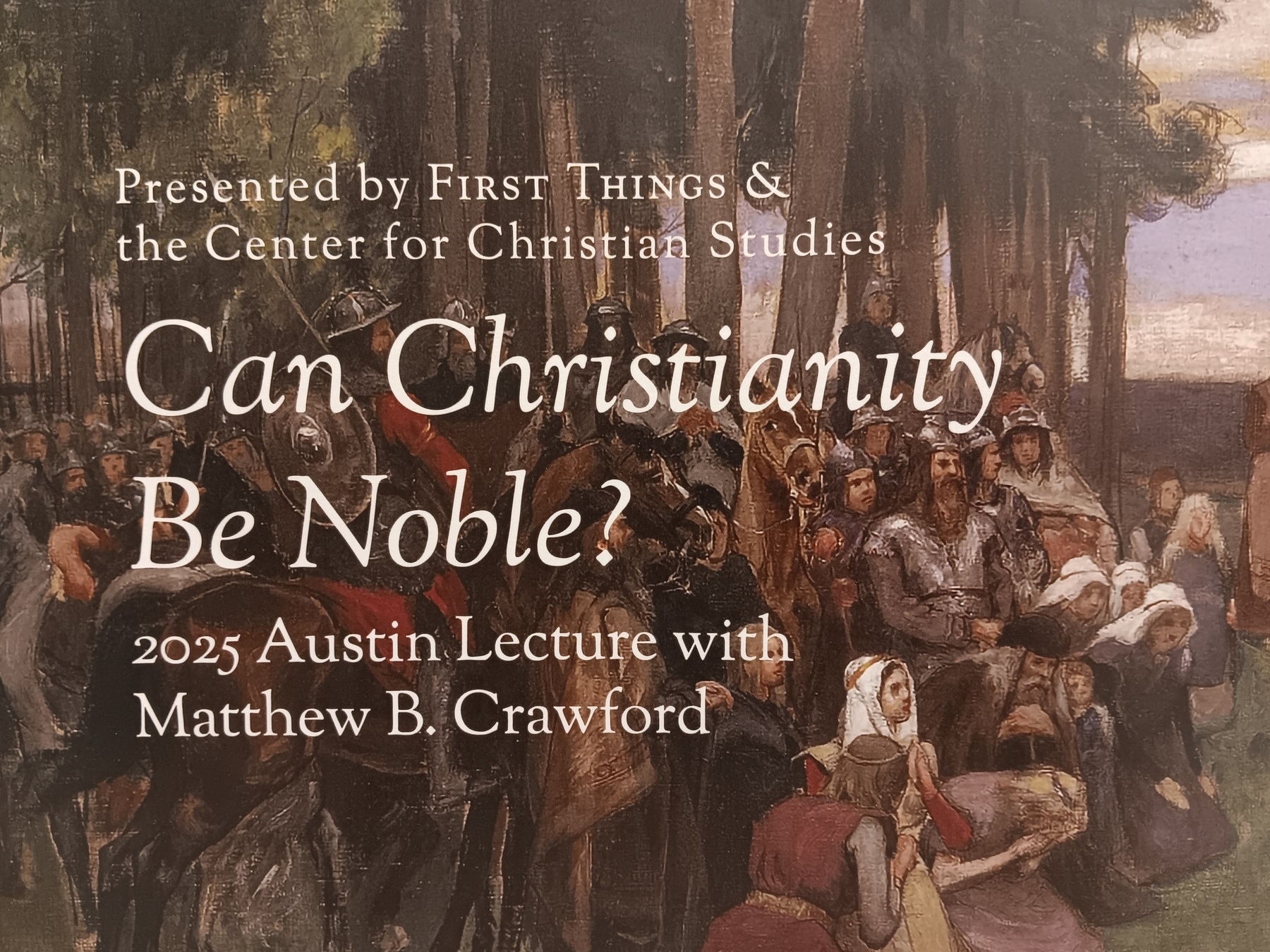
Finished reading: Jesus the Great Philosopher by Jonathan T. Pennington 📚
I absolutely loved this book. I hope Pennington builds on this framework (i.e., the Bible as philosophy, Scripture addressing the big questions of life) in the future. I’d be up for a more technical treatment, especially of how Christianity offers answers to the big questions of ancient philosophy: metaphysics, epistemology, ethics, and politics.




